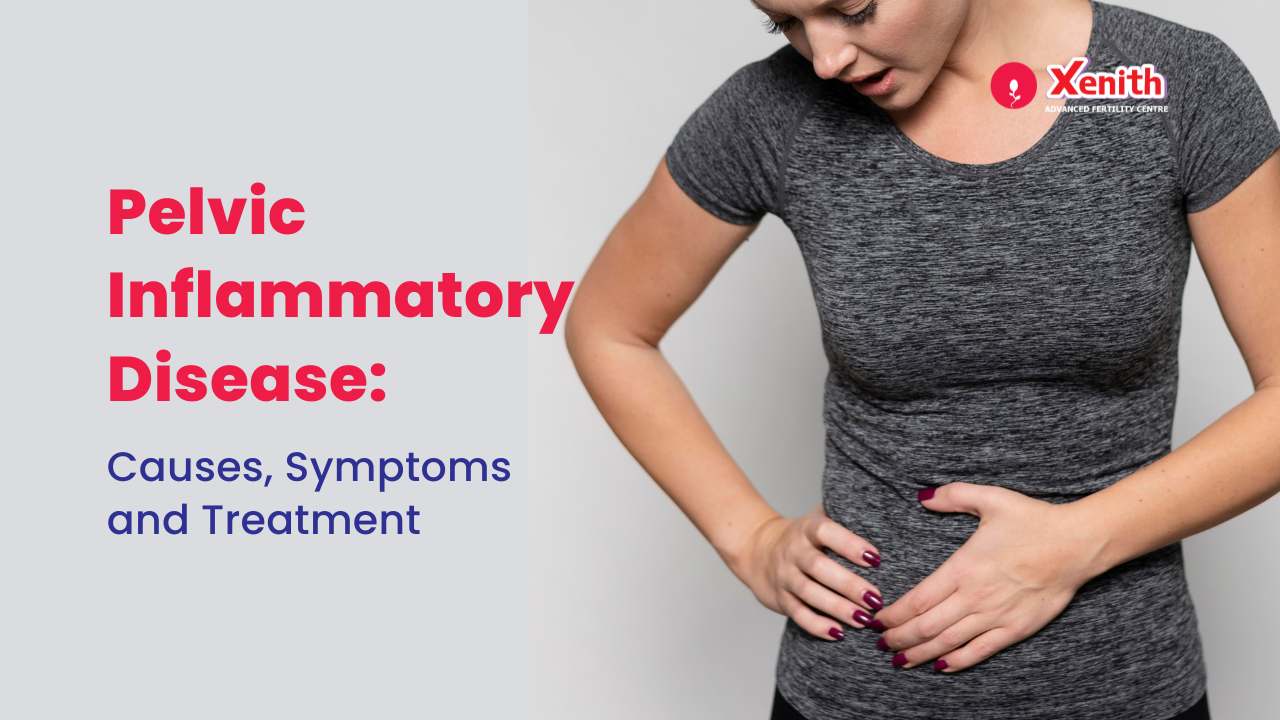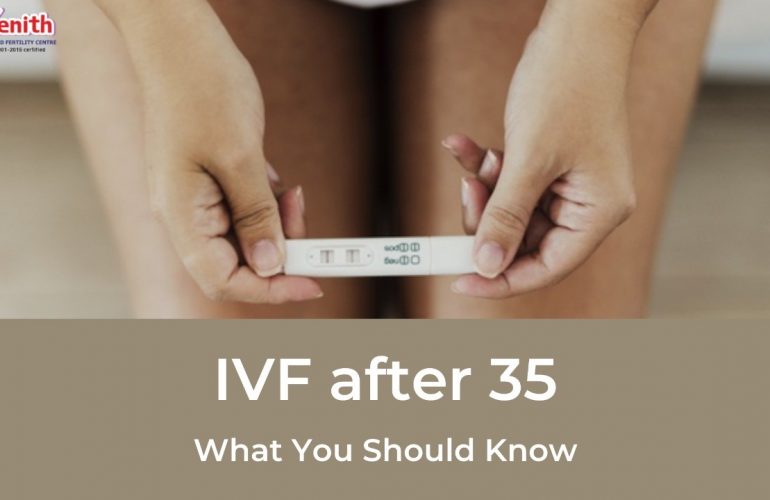What is Pelvic Inflammatory Disease?
Pelvic Inflammatory Disease (PID) is an infection of the female reproductive organs. Often the infection spreads from the vagina and cervix (lower part of the uterus) to the rest of the uterus, fallopian tubes and/or ovaries. It could cause inflammation, scar tissue formation, abscesses, partial or fully blocked fallopian tubes which could, in turn, prevent conception. If left untreated, it could cause permanent damage affecting fertility and reproductive health. It could also cause chronic pelvic pain or lead to an ectopic pregnancy where the fertilized egg implants outside the uterus which could be life threatening. If you are pregnant and have Chlamydia, this infection could be passed on to the newborn. Early diagnosis and treatment could prevent further complications.
Causes of PID
PID is often the result of contracting a sexually transmitted infection like Gonorrhoea or Chlamydia. Other bacteria could also cause PID although it’s not as common. It could also be caused by bacterial vaginosis where there is an overgrowth of certain harmful bacteria which throws off the balance of the natural bacteria that is present in this environment. It could sometimes be caused during menstruation, after childbirth, miscarriage or after an abortion where infection could be due to unhygienic conditions. It could also rarely be due to an intrauterine device (IUD) which is placed in the uterus as a means of contraception. The bacterial infection leads to damage due to inflammation causing scarring and/or obstruction of the fallopian tubes. Some of the cells that move the egg along the fallopian tubes could also get destroyed leading to other issues with infertility and ectopic pregnancy where the fertilized egg implants outside the uterus. Adhesions often form due to the body trying to repair itself due to infection, trauma or surgery and sometimes in this process some of the tissues end up joining together. Adhesions could also cause chronic pelvic pain.
Symptoms of Pelvic Inflammatory Disease
Some women don’t have any symptoms at all of PID and only find out about PID when they are having trouble getting pregnant. Others might have mild to severe pelvic pain, vaginal discharge that might have an unpleasant odour, unusual vaginal bleeding between periods or during/after sex, have pain during sex, have painful or frequent urination, have a fever or feel fatigued. The pelvic pain could be due to the inflammation, adhesions, scarring due to the infection. The white blood cell count might also become high. PID could cause infertility regardless of having symptoms or not having any symptoms at all. Infertility due to PID is more likely to occur due to a chlamydial infection, if it’s a more serious case of PID, if the PID is recurrent, or if the treatment is delayed.
Treatment of PID
The doctor will initially ask about your previous sexual history and past health. A pelvic exam might be carried out along with blood and urine tests and a pelvic ultrasound might also be done. The doctor will check for cervical discharge, uterine tenderness or if there are any lumps. A pregnancy test might also be done to rule out ectopic pregnancy. Since a fertilized egg cannot grow normally outside the uterus, it will need to be removed immediately using medication or surgery to prevent damage or rupture to the fallopian tube or other organs. PID is often treated with antibiotics that fight off bacteria causing the infection. Make sure you complete the full antibiotic course so that the infection is fully eradicated. This infection will not go away on its own if left untreated and you run the risk of causing permanent damage to your reproductive organs. Antibiotics can get rid of the infection but cannot reverse any damage caused by it to your body. You might also be given pain relievers to relieve your pelvic pain. Take complete rest to help your body recover faster. Avoid sexual activity until you are fully recovered to prevent transmitting it to your partner. If the PID was due to sexual contact, your partner should also be tested and treated. Don’t miss any follow up appointments to make sure the infection is getting treated properly and is then completely gone. PID could lead to various complications especially to reproductive health if left untreated. But with timely diagnosis, it could be effectively treated with medication. It’s important to be aware of the signs and symptoms of PID and seek immediate medical help to preserve your reproductive health and for your general well-being. Go for regular check-ups to your doctor, practice safe sex and get treatment immediately if diagnosed with PID. If you have any questions about this, the experts at Xenith Advanced Fertility Centre could provide answers and solutions to all your questions especially if you would like to conceive after struggling with PID.




